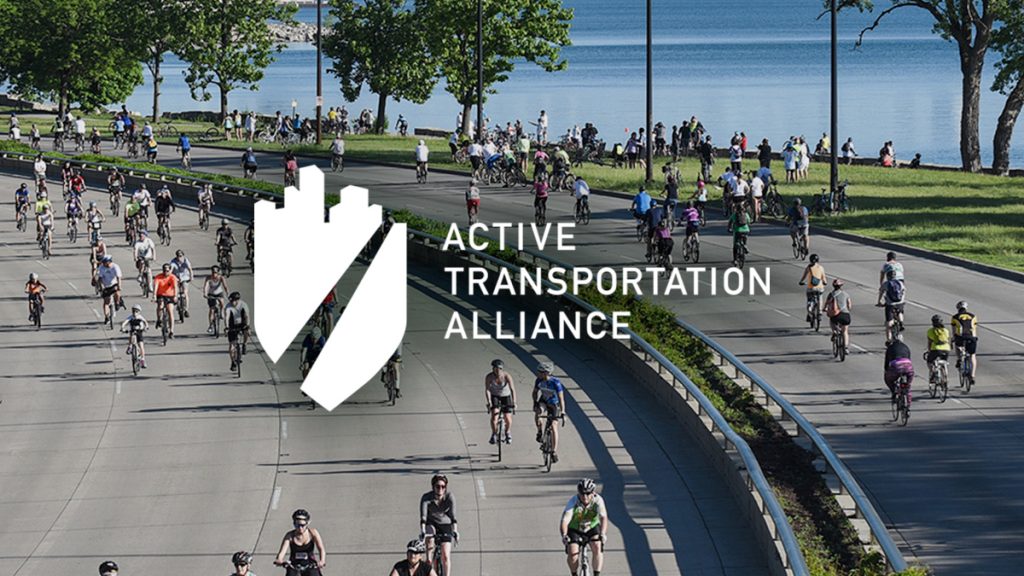In a mind-blowing development reported on NPR last week (sarcasm), a recent study reveals that, YES, if you pave more miles of highway, more people will drive on them! Apparently Los Angeles is widening interstate 405 in an effort to — you guessed it — ease traffic congestion. This just in: It doesn't work.
From the study out of University of Toronto:
"What we found was that in cities where there was more roads, there was more driving…In particular, if you had 1 percent more roads, you had 1 percent more driving in those cities."
So what does work to reduce traffic? Congestion pricing (watch this terrific video from Street Films as a tutorial). Though a pretty new concept for most Americans (and a big culture shock), placing a toll on driving works great in places like London, Singapore and Stockholm to cut down on auto trips. The Chicago Metropolitan Agency for Planning also includes congestion pricing as a primary strategy in the GoTo 2040 regional plan to improve regional mobility.
And if implemented, congestion pricing would actually get us closer to having people pay the true cost of driving, which is artificially suppressed through government subsidies.
I take transit, ride my bike, walk most days to get where I need to go. But I do indeed drive for longer trips and in places where use of other modes isn't possible. I'm willing to pay my fair share (and then some) for the privilege of using roads for driving. Who's with me?

